Stem Cell Therapy for Autism in Malaysia: Legality, Safety, and What to Know
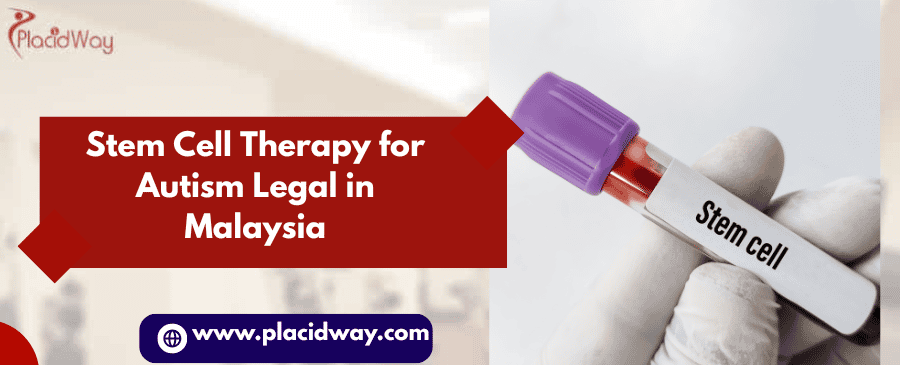
For families exploring advanced therapeutic options for autism spectrum disorder (ASD), stem cell therapy often comes into discussion. As this innovative field continues to evolve, understanding the legal and regulatory landscape in different countries is crucial. Malaysia has positioned itself as a hub for medical advancements, including regenerative medicine. So, for those considering this path, a key question arises: Is stem cell therapy for autism legal in Malaysia? The answer is nuanced but reassuring: yes, it is, under a carefully regulated framework designed to prioritize patient safety and ethical practice.
Is stem cell therapy for autism legally permitted in Malaysia?
Malaysia has a progressive yet cautious approach to stem cell therapy. The Ministry of Health (MOH) has established comprehensive "Guidelines for Stem Cell Research and Therapy," which dictate the acceptable practices for both research and clinical application. All healthcare facilities in Malaysia offering stem cell treatments must be licensed under the Private Healthcare Facilities and Services Act 1998, ensuring proper oversight and compliance.
The regulatory framework in Malaysia distinguishes between different types of stem cells:
- Adult Stem Cells: The use of human adult stem cells, commonly sourced from bone marrow, peripheral blood, umbilical cord blood, adipose tissue (fat), and dental pulp, is generally permitted for therapeutic use and research. Mesenchymal Stem Cells (MSCs), often derived from umbilical cord tissue, are frequently used in therapies for autism in Malaysia.
- Embryonic Stem Cells: The creation of human embryos solely for research or therapeutic purposes is strictly forbidden. However, research using embryonic stem cells derived from supernumerary embryos (those left over from IVF treatments) is allowed under very stringent conditions, provided they are not grown for more than 14 days or until the primitive streak forms.
- Animal Stem Cells: The use of animal stem cells for general therapeutic purposes, outside of specific, approved research protocols, is prohibited.
This clear legal and ethical framework ensures that any stem cell therapy, including for autism, is conducted within a controlled and responsible environment.
What are the regulations and guidelines for stem cell therapy in Malaysia?
The Malaysian regulatory framework is robust and multi-faceted, designed to safeguard patients while allowing for scientific advancement. Key aspects include:
- Ministry of Health (MOH) Guidelines: The "Guidelines for Stem Cell Research and Therapy" are the cornerstone of regulation, covering ethical principles, research protocols, and clinical application standards. These guidelines are regularly updated to keep pace with scientific developments.
- National Pharmaceutical Regulatory Agency (NPRA): The NPRA plays a crucial role in overseeing Cell and Gene Therapy Products (CGTPs). They evaluate all imported stem cell products for safety, quality, and efficacy, treating them with the same stringent scrutiny as any other biological medicine before they can be used or sold in Malaysia. All stem cell products must adhere to Good Manufacturing Practice (GMP) standards.
- Private Healthcare Facilities and Services Act 1998: All clinics and hospitals offering stem cell therapies must be licensed under this Act, ensuring they meet operational and safety standards for healthcare facilities.
- National Medical Research Registry (NMRR): All clinical trials and research involving human subjects, including those for stem cell therapies, must be registered with the NMRR. This ensures transparency, ethical conduct, and proper monitoring of research outcomes.
- National Stem Cell Research Ethics Committee (NSCERT): This committee, or other relevant institutional review boards/ethics committees, reviews and approves research protocols and ensures that ethical considerations, such as informed consent and patient welfare, are strictly followed.
These regulations ensure that clinics providing stem cell therapy for autism operate under a high degree of accountability and adhere to internationally recognized standards.
How is stem cell therapy for autism typically administered in Malaysia?
The administration of stem cell therapy for autism in Malaysia is a carefully controlled medical procedure, usually involving minimally invasive methods:
- Intravenous (IV) Infusions: This is the most common method. Stem cells, often mesenchymal stem cells (MSCs) derived from umbilical cord tissue, are prepared in a sterile solution and administered directly into the bloodstream through a standard IV drip. This allows the stem cells to circulate throughout the body.
- Intrathecal Injections: In some protocols, especially for neurological conditions, stem cells may be administered intrathecally. This involves injecting the cells directly into the cerebrospinal fluid (CSF) via a lumbar puncture (spinal tap). This method aims to deliver the stem cells more directly to the central nervous system, potentially enhancing their neurological effects. This procedure is performed by qualified medical professionals under sterile conditions.
Before administration, the patient undergoes a thorough medical evaluation, including blood tests and a review of their medical history, to ensure they are a suitable candidate. Post-treatment, patients are closely monitored to assess their progress and identify any potential immediate side effects. The choice of administration method will be discussed by the medical team, based on the patient's specific condition and the clinic's protocol.
What types of stem cells are used for autism therapy in Malaysia, and what are their safety profiles?
The type of stem cells used significantly impacts the safety profile and ethical considerations of the therapy. In Malaysia, the focus for autism treatment is primarily on adult stem cells, particularly Mesenchymal Stem Cells (MSCs):
- Mesenchymal Stem Cells (MSCs):
- Source: MSCs can be sourced from various adult tissues, but for autism therapy in Malaysia, umbilical cord tissue is a common and reputable source. This is because umbilical cord-derived MSCs are considered "immunoprivileged," meaning they are less likely to provoke an immune response (rejection) in the recipient, thus eliminating the need for HLA matching.
- Mechanism: MSCs are believed to exert their therapeutic effects through several mechanisms, including modulating the immune system (reducing neuroinflammation), secreting growth factors that promote tissue repair and neuronal development, and improving blood flow.
- Safety Profile: MSCs generally have a good safety profile. The most common side effects are usually mild and temporary, such as low-grade fever, chills, headache, or a mild rash, typically resolving within 24-48 hours. Serious adverse events are rare when the cells are properly sourced, processed under GMP standards, and administered by qualified professionals in licensed facilities. Because they are immunoprivileged, the risk of rejection is minimal.
- Other Adult Stem Cells: While MSCs are prominent, other adult stem cell sources like those from bone marrow or adipose (fat) tissue may also be used in specific cases or research settings.
- Embryonic Stem Cells: As per Malaysian regulations, the use of embryonic stem cells for general therapeutic purposes, especially in children, is highly restricted due to ethical concerns and the potential for uncontrolled growth (teratomas).
When choosing a clinic in Malaysia, it is crucial to inquire about the specific type and source of stem cells being used and to ensure they adhere to strict quality control and safety standards.
What are the reported benefits and potential outcomes of stem cell therapy for autism in Malaysia?
Stem cell therapy for autism is still considered an emerging and experimental field, and it's essential to approach potential outcomes with a balanced perspective of optimism and realism. While there isn't universal consensus on definitive "cures," many studies and anecdotal reports from clinics in Malaysia and globally suggest that stem cell therapy can lead to noticeable improvements in various core symptoms of autism.
Reported potential benefits and outcomes include:
- Improved Social Interaction: Many families report enhanced eye contact, increased engagement in shared activities, and a greater willingness to interact with others.
- Enhanced Communication Skills: This can range from improvements in verbal speech (vocabulary, sentence structure) to better non-verbal communication, such as using gestures or showing expressions.
- Better Behavioral Regulation: A reduction in repetitive behaviors (stereotypy), tantrums, aggression, and hyperactivity has been observed in some children.
- Increased Attention and Focus: Improvements in sustained attention, listening skills, and the ability to concentrate on tasks.
- Better Sleep Patterns: Many parents report improvements in sleep quality and duration, which can have a significant positive impact on overall well-being.
- Cognitive Improvements: Some patients show enhanced cognitive abilities, including problem-solving skills and learning capacity.
It's important to note that:
- Individual Variability: Results vary significantly from child to child. Not everyone will experience the same degree of improvement.
- Not a Cure: Stem cell therapy is not considered a "cure" for autism but rather a potential method to improve symptoms and enhance the child's quality of life.
- Adjunctive Therapy: It is often recommended as part of a comprehensive treatment plan that includes traditional therapies such as Applied Behavior Analysis (ABA), speech therapy, and occupational therapy.
- Long-Term Research: More large-scale, long-term studies are needed to fully understand the efficacy and long-term benefits of stem cell therapy for autism.
Clinics in Malaysia that offer stem cell therapy for autism typically emphasize transparent communication about potential benefits, realistic expectations, and the importance of a holistic approach to care.
How do I choose a reputable clinic for stem cell therapy for autism in Malaysia?
Selecting the right clinic is paramount to ensuring safety and maximizing the potential benefits of stem cell therapy for autism in Malaysia. Here are key factors to consider:
- Ministry of Health (MOH) Licensing and Accreditation: This is the most fundamental step. Ensure the clinic is officially licensed by the Malaysian Ministry of Health to provide stem cell therapies. Look for evidence of accreditation, possibly through bodies like JCI if it's a hospital, or specific MOH approvals for stem cell services.
- Doctor Qualifications and Experience: Inquire about the qualifications and experience of the doctors administering the therapy. They should be licensed medical practitioners with specialized training in regenerative medicine or a relevant field. Ask about their experience with autism patients specifically.
- Stem Cell Source and Quality:
- Source: Understand where the stem cells are sourced from (e.g., umbilical cord tissue, bone marrow). Umbilical cord-derived MSCs are widely used and considered safe due to their immunoprivileged nature.
- Quality Control: Ask about the clinic's laboratory practices. Ensure they adhere to Good Manufacturing Practice (GMP) standards for processing and culturing stem cells to guarantee their purity, viability, and safety.
- Treatment Protocols: A reputable clinic will have clear, standardized treatment protocols. Inquire about the number of infusions, the dosage, the administration method, and the overall duration of the treatment plan.
- Pre- and Post-Treatment Care:
- Thorough Evaluation: The clinic should conduct comprehensive pre-treatment assessments to determine if your child is a suitable candidate.
- Follow-up: Ask about the follow-up program, including how progress will be monitored and what kind of ongoing support is provided.
- Transparency in Communication and Cost:
- The clinic should provide clear, understandable information about the procedure, potential benefits, risks, and realistic outcomes.
- Obtain a detailed breakdown of all costs involved, including the therapy, tests, consultations, and any associated expenses. Avoid clinics with vague pricing.
- Patient Testimonials and Reviews: While anecdotal, patient testimonials and reviews on independent platforms can offer insights into the clinic's service quality and patient experience.
- Ethical Practices: Ensure the clinic adheres to high ethical standards, particularly regarding informed consent and avoiding exaggerated claims of "cures."
By diligently researching these aspects, you can make an informed decision and choose a reputable clinic for stem cell therapy for autism in Malaysia.
For more information on stem cell therapy options in Malaysia and to connect with reputable clinics that adhere to the highest standards of safety and care, explore PlacidWay. We can help you navigate your options and find the right support for your family's needs.


.png)
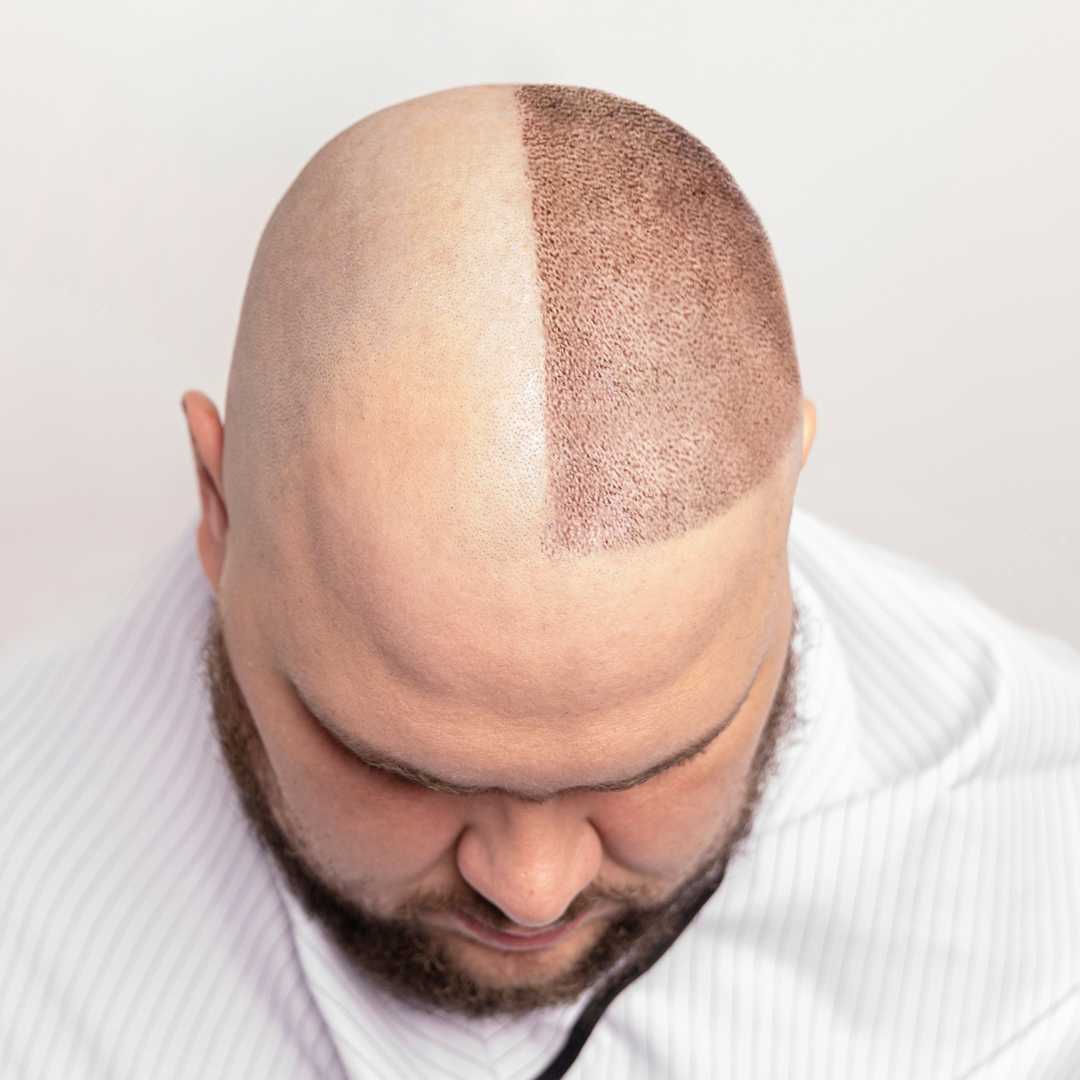
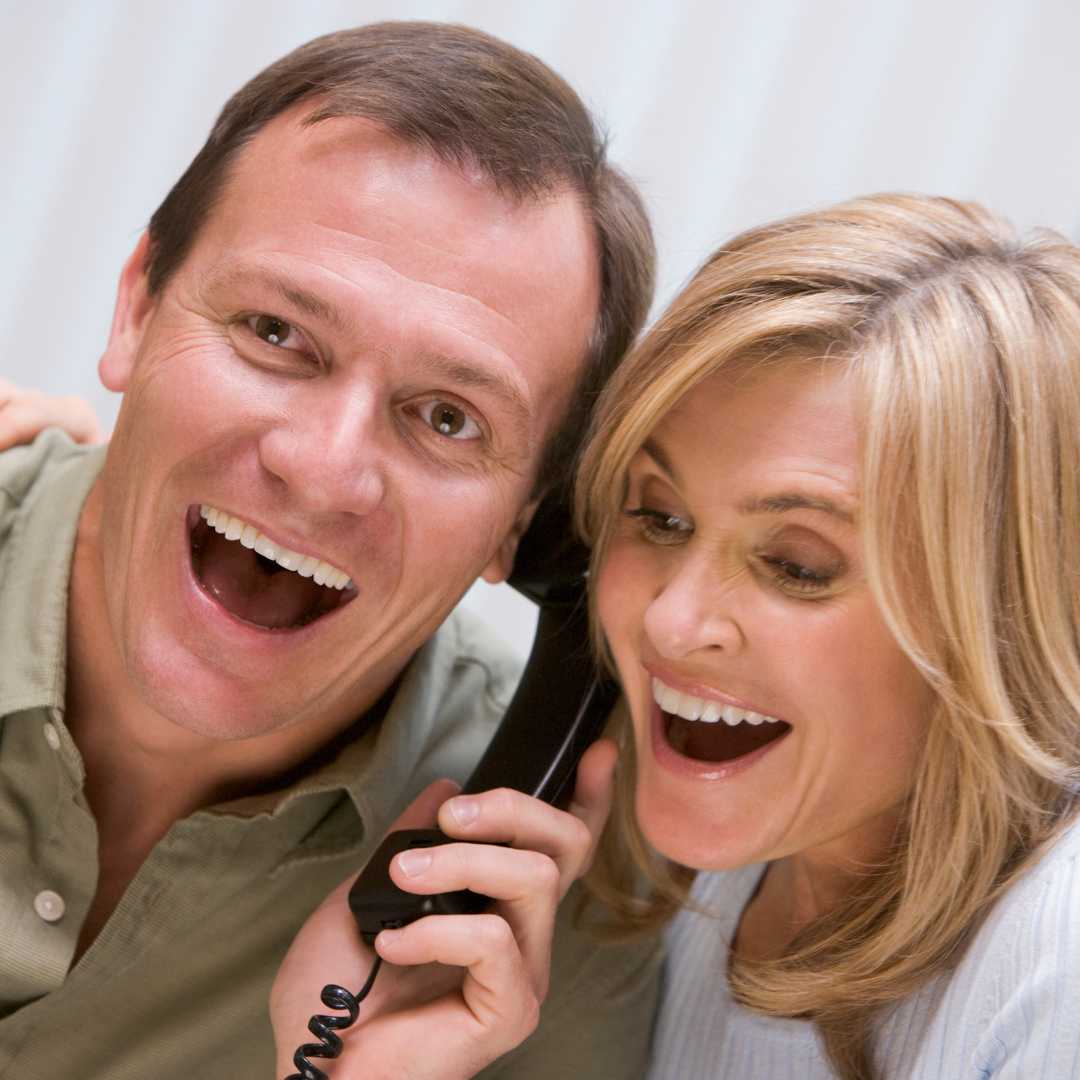
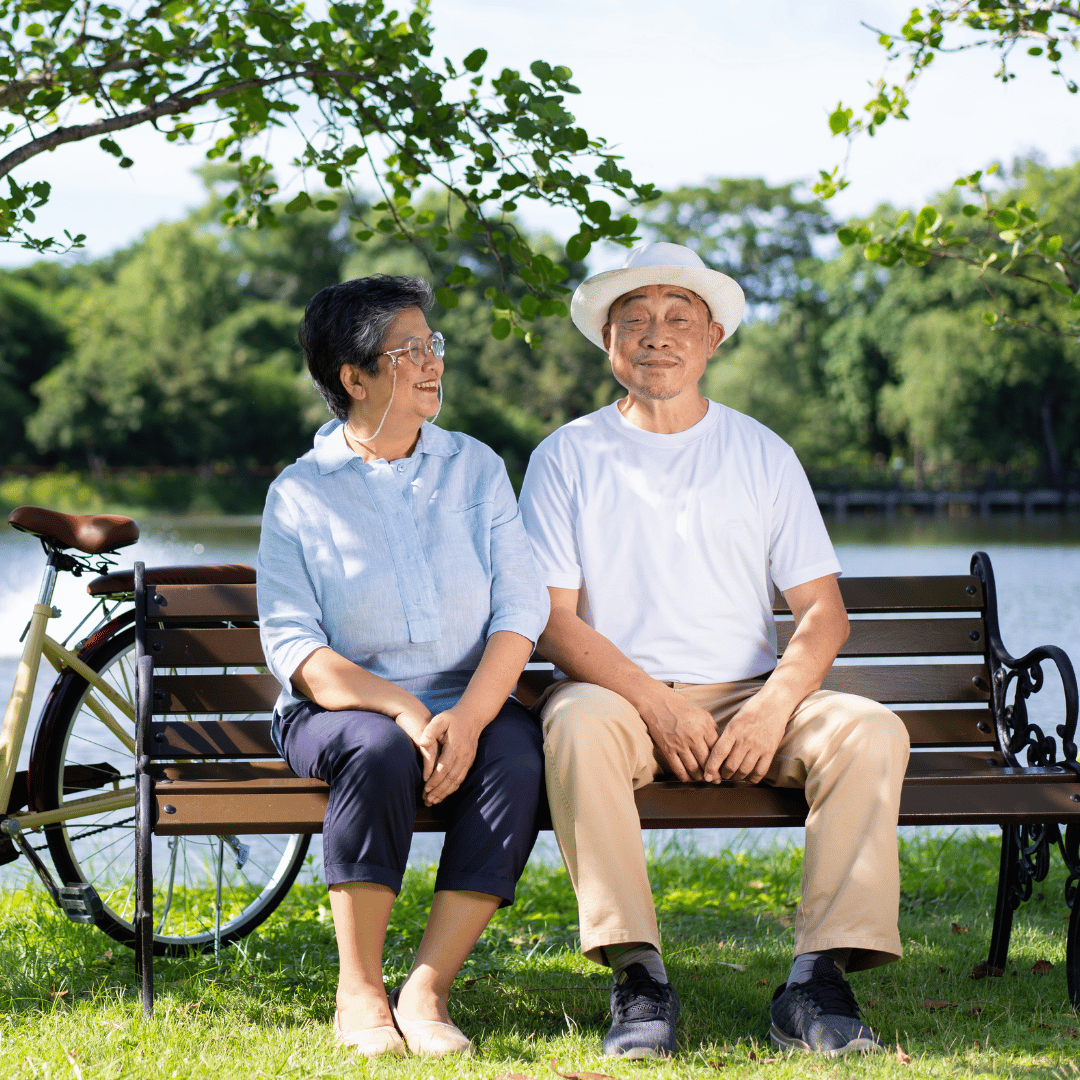

.jpg)



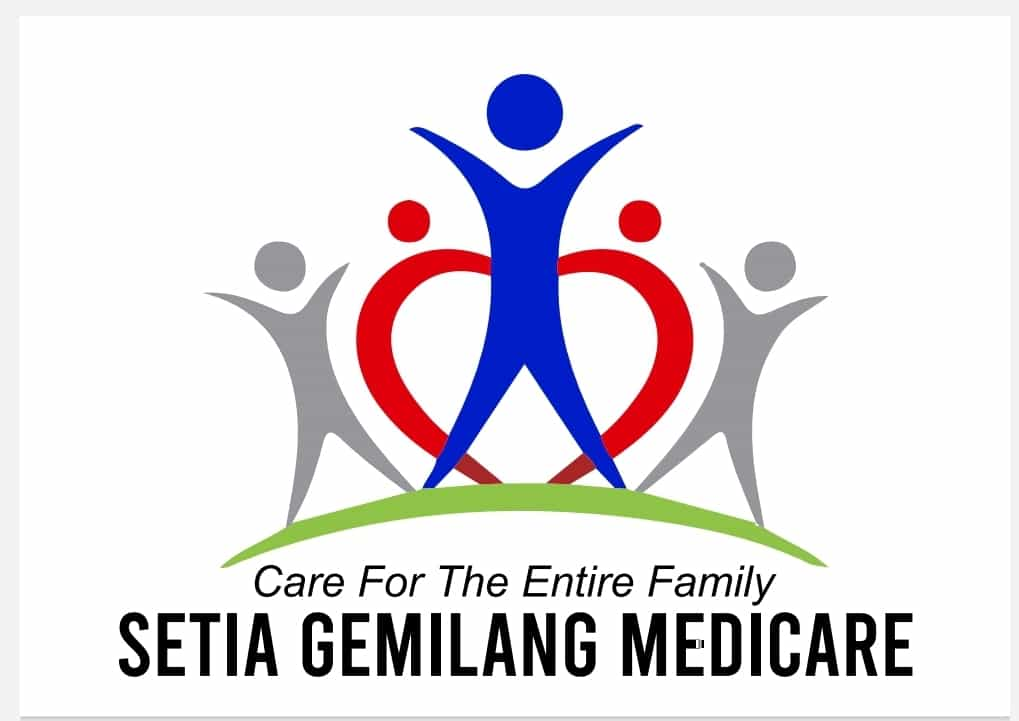
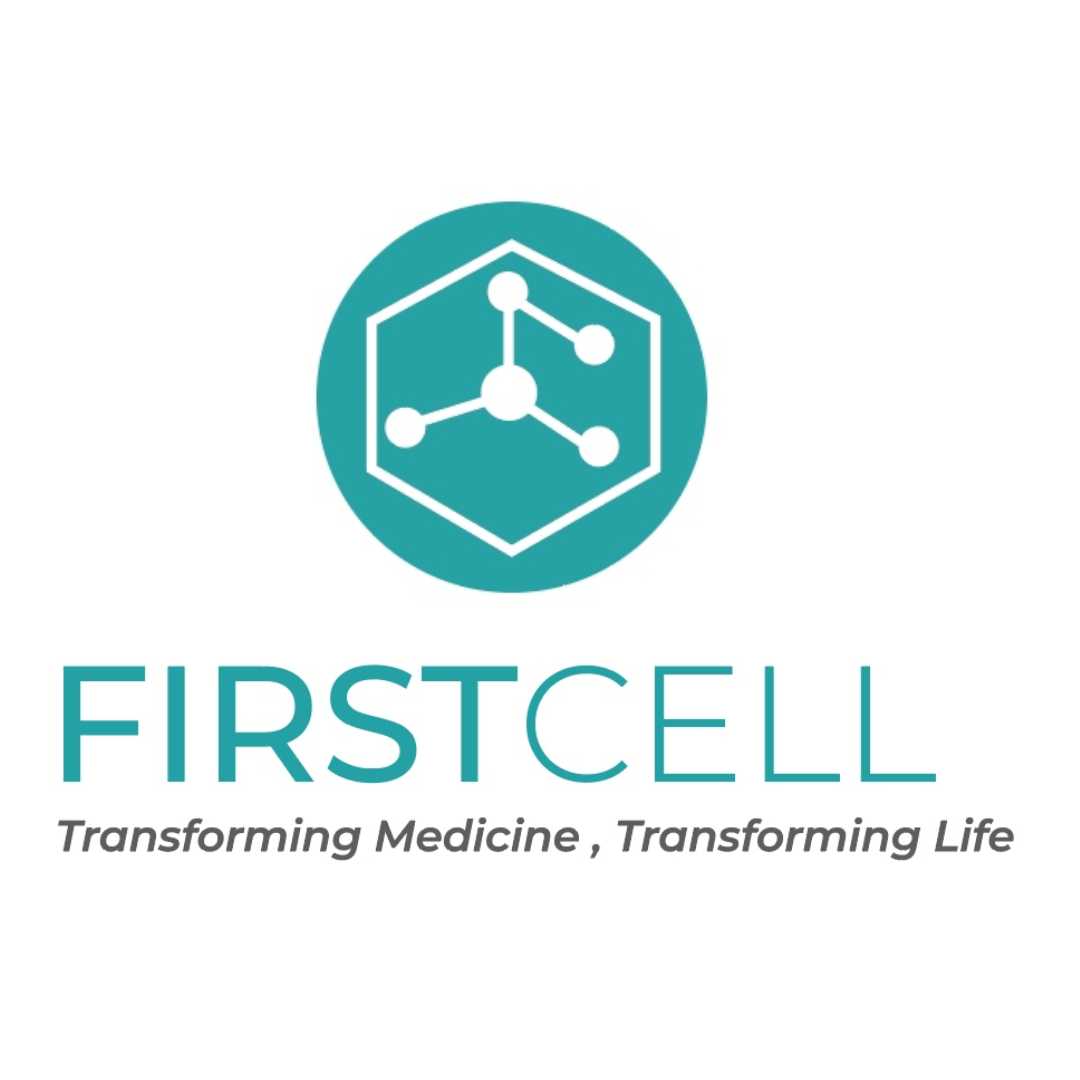
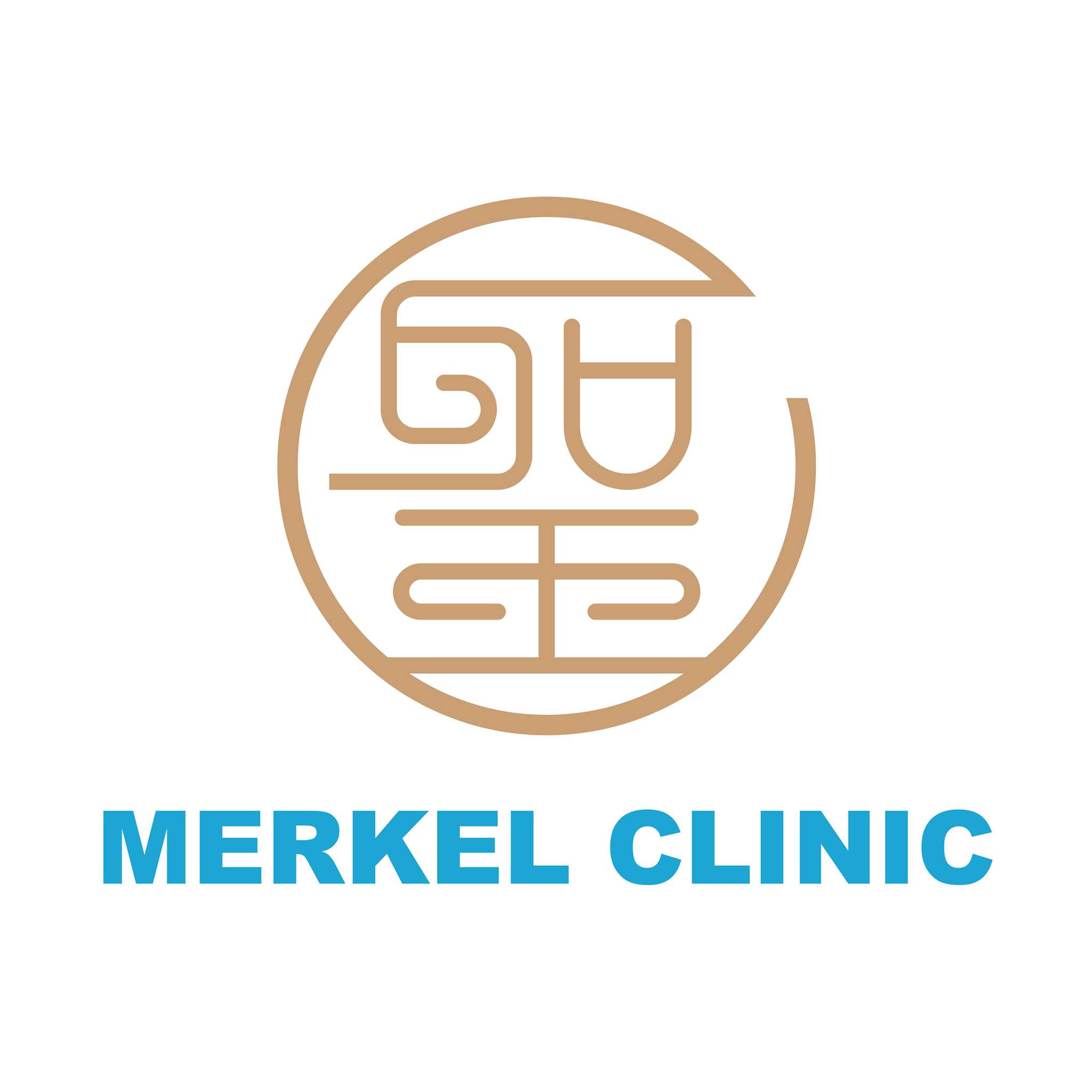
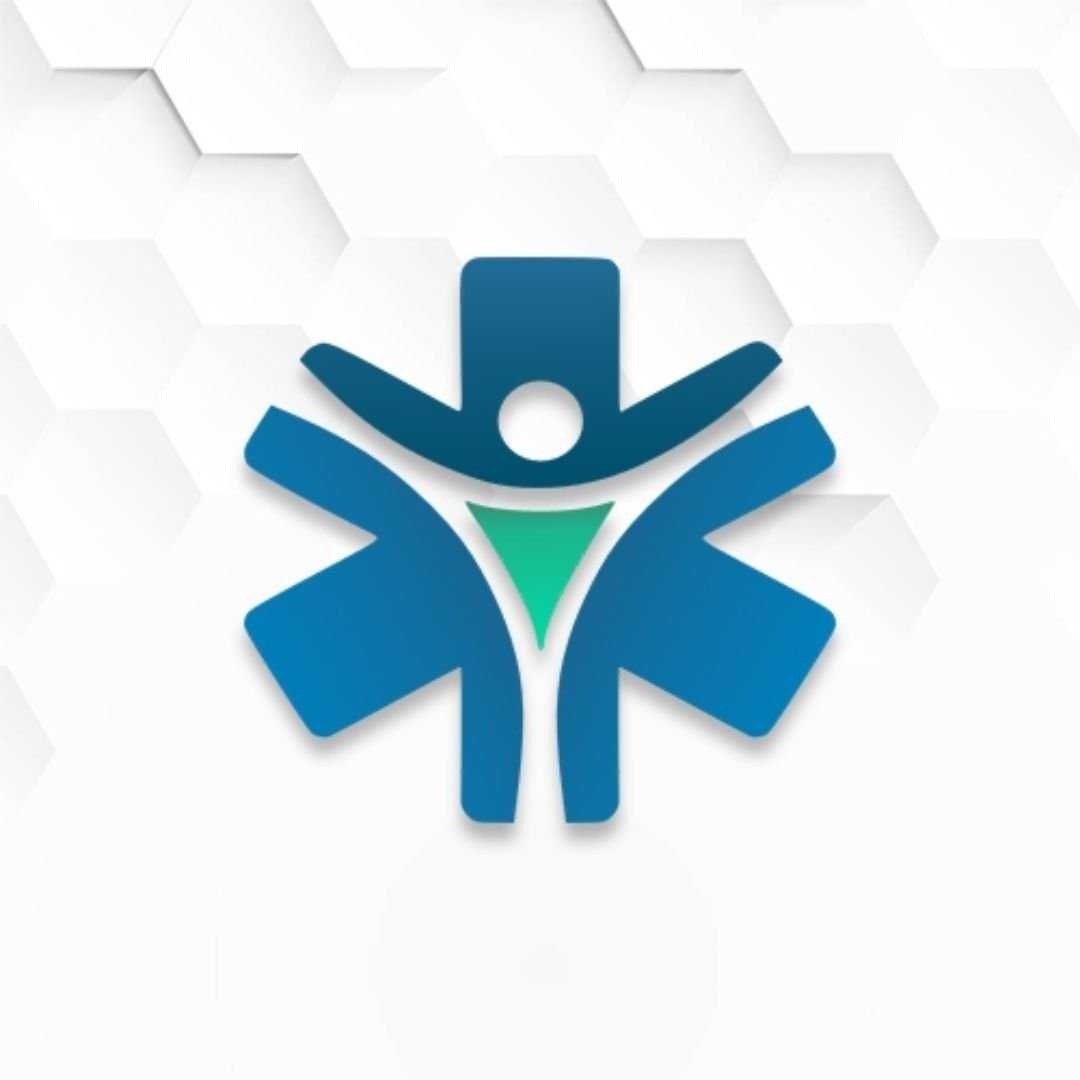
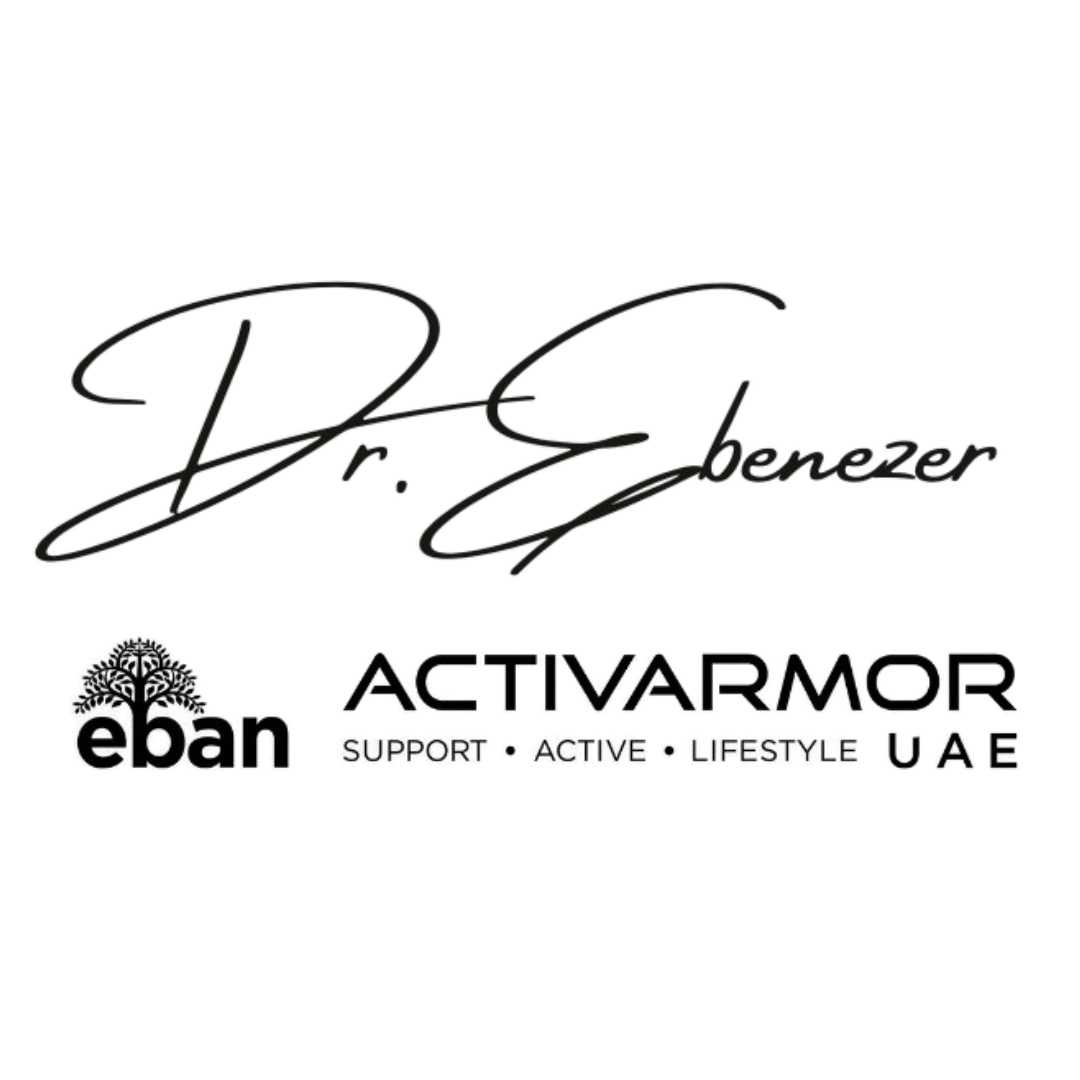

Share this listing